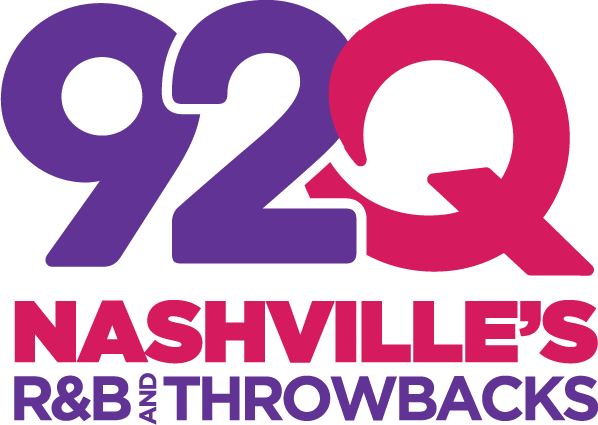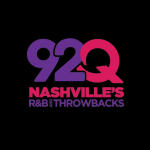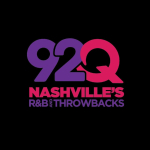The six-week trial in Brooklyn, N.Y., included graphic and disturbing testimony about sexual abuse by one of America’s best-known musicians.
With R. Kelly found guilty, the big question for the music industry is whether his music will now be removed from major digital platforms like Spotify and Apple Music. Although most digital outlets have policies barring hate speech, they tend to take a hands-off approach when it comes to removing material, seeing themselves as neutral platforms and not censors.
Depending on your view of tech companies, the decision to remove R. Kelly’s content can be high-minded and principled, or just a way to avoid the slippery slope of policing their platforms. Even when Spotify instituted a “hateful conduct” policy in 2018, they did not delete the artists’s songs. The policy came under fire as arbitrary, and disproportionately affecting Black artists, and was rescinded after a few weeks.
Major figures in music — including A-list R. Kelly collaborators like Jay-Z, Lady Gaga, Justin Bieber and Chance the Rapper — have been largely mum about the trial. I’m eager to see how that calculus changes now that there’s a guilty verdict.
When the #MeToo movement erupted years ago, scores of women spoke out against the powerful men, igniting a national reckoning over sexual abuse and harassment.
But as cases of high-profile men like the Hollywood producer Harvey Weinstein put a spotlight on the accusations of white women, Black women often said they felt left out of the conversation.
For many, R. Kelly’s case and conviction offered the sense that the movement could serve them, too, giving them a chance to hold men accountable.
“This is culmination of the movement of so many women who having being trying so long to have their voices heard,” said Oronike Odeleye, the co-founder of the #MuteRKelly campaign. “We have never had full ownership of our bodies. And we’re at a moment where Black women are no longer accepting that as the price of being Black and female in America.”
The activist Tarana Burke started the original iteration of “Me Too” around 2007, using the phrase to raise awareness of sexual assault and connect victims to resources. But when the actress Alyssa Milano tweeted the words “me too” a decade later, initially without crediting Ms. Burke, some observers worried that Black women had been left out of the story and noted that Ms. Burke’s initial effort had not been supported by prominent white feminists.
Now, the jurors’ acceptance of the stories of Mr. Kelly’s accusers holds a deep significance, several experts say, particularly because Black women and girls have historically seen their accusations dismissed more often than others.
“When you have girls who aren’t famous, they’re not stars in their own right — and they’re Black — it becomes so easy for people to overlook their suffering and to cast it aside so the status quo can be preserved,” said Deborah Tuerkheimer, a professor of law at Northwestern University and former assistant district attorney in Manhattan.
Whitney Davis, 34, said she has followed other major #MeToo cases. But Mr. Kelly’s trial carried a distinct resonance for a confluence of a reasons, she said: The accusers at the heart of the case looked like her, and she had herself endured sexual abuse in childhood.
“To be honest, this was the first case that was predominantly Black girls, Black women, Black boys — and so it was intriguing to me to see if they would get justice,” said Ms. Davis, who is from Dallas. “To see justice for them, oh, my God, it will in a way mean justice for myself.”
This was the first high-profile Me Too case in which a powerful man’s accusers have been primarily Black women.
This is by far the highest-profile, post-Me Too conviction involving sexual abuse that we’ve seen in the music industry. Its impact — and the fact that the prosecution secured a guilty verdict across the board — is only heightened by the fact of R. Kelly’s first acquittal on child pornography charges in 2008 allowed for his career to keep flourishing in the years that followed.
R. Kelly sat motionless in the courtroom as he was found guilty of all nine counts of the racketeering and sex-trafficking charges against him. His facial expression was hidden by a mask.
The jury is now going through the 14 different acts of racketeering. The prosecution only had to prove 2.
Relatively brief deliberations in a complex case can like this often indicate that the jury was fairly united in reaction to the trial.









